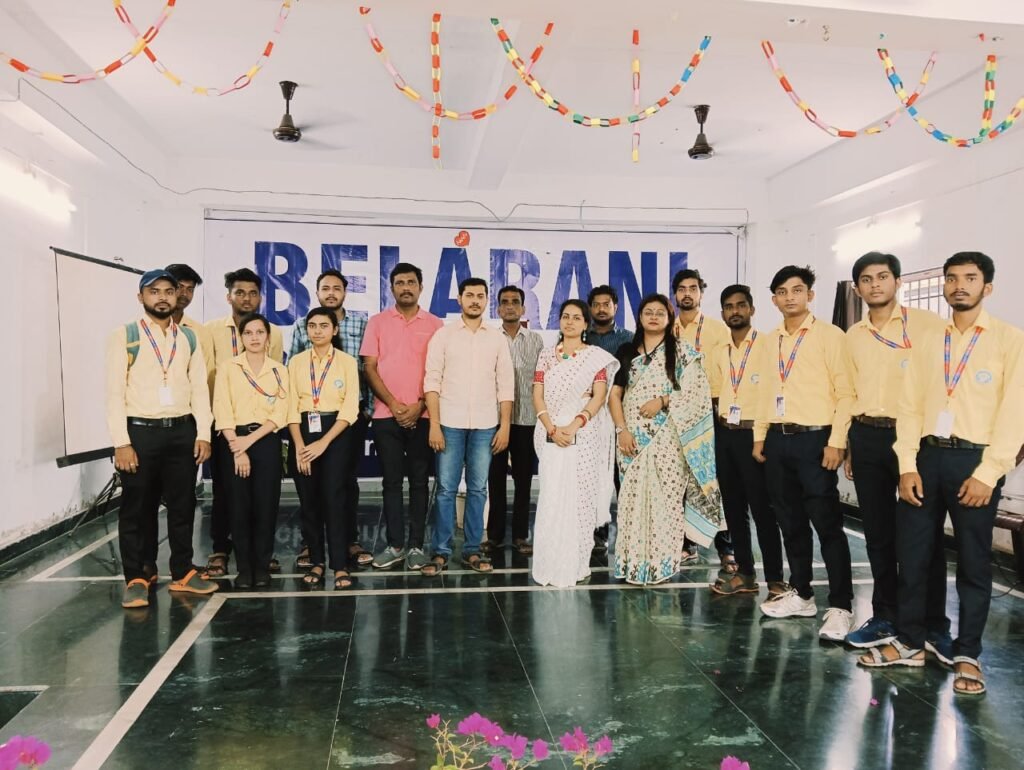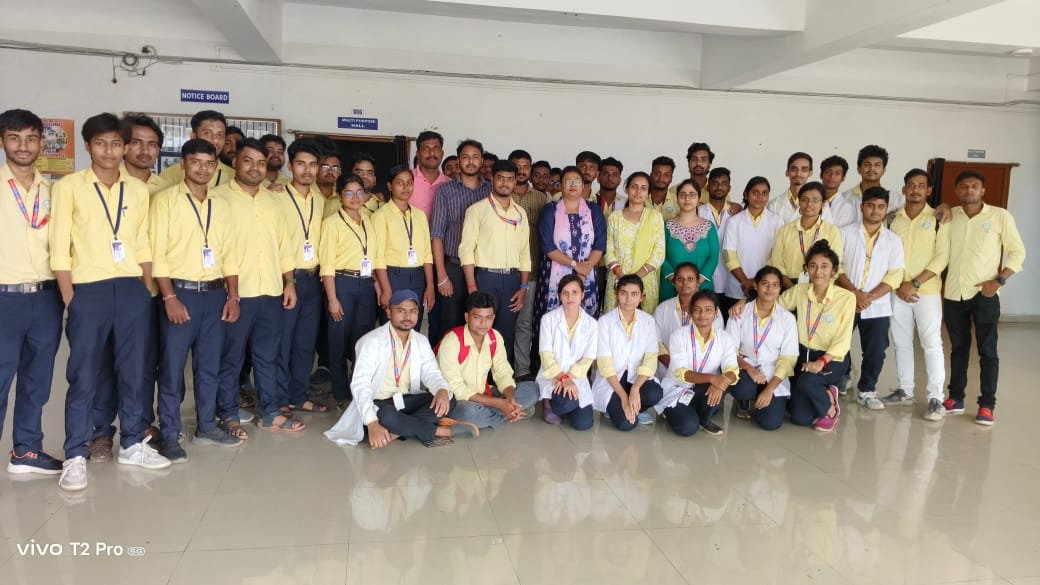A Practical Path into Healthcare with Belarani Institute, Bankura
Healthcare Isn’t Just About Doctors
When we think of hospitals, most of us picture doctors in white coats. But behind every X-ray, lab test, surgery, or recovery room, there’s a whole team making things happen. These are the allied health professionals—expert lab technicians, radiographers, OT staff, and more—who make modern healthcare work.
And if you’re in West Bengal, you don’t need to move to a metro city to join this field. There’s a growing number of students choosing Allied Health Science courses in West Bengal, and for good reason. These programs offer hands-on training, quicker job readiness, and a direct path into one of the most essential and respected parts of the healthcare system.
A Different Way into the Medical Field
Allied health science isn’t about years of theory. It’s hands-on. You learn by doing, testing samples, preparing patients for surgery, or working with machines used in diagnosis and care.
For many students, it’s a smart option. The courses are shorter. The jobs are real. And you start working much earlier than someone pursuing an MBBS or nursing degree.
The College That’s Quietly Making an Impact
In Bankura, there’s a campus that’s been gaining attention: Belarani Institute of Paramedical & Allied Sciences. It doesn’t have flashy billboards. What it does have is students who learn well and land jobs soon after graduating.
I spoke to a few current students during my visit. What stood out was how much real-world work they get to do. One student walked me through her daily routine in the labit wasn’t glamorous, but it was clearly preparing her for the job ahead.
Courses That Lead Somewhere
At Belarani, students can choose from a variety of allied health programs. Some are short-term, while others are full degree courses.
These include:
- Operation Theatre Technology
- Medical Lab Technology
- Radiology and Imaging
- Dialysis and Emergency Services
- Physiotherapy and Anaesthesia Tech
Each course mixes theory with hospital visits and practical experience. No one’s stuck in a classroom all day. You’re out learning by doing.
How Long Do the Courses Take?
It depends on what you pick.
- Short certificate programs run for 6–12 months.
- Diplomas typically last 1–2 years.
- Degrees, like B.Sc in Allied Health fields, run 3–4 years.
Students can pick based on what they want, what they can afford, and how soon they want to start working.
Who Can Apply?
Eligibility is simple and clear:
- For degree courses, Class 12 with science (especially biology) is preferred.
- For diplomas and shorter courses, Class 10 or 12 is usually enough.
- The age range is typically 17 to 35 years.
Admissions for the 2025 batch open mid-year. It’s a good idea to apply early, some programs fill up quickly.
What Do These Programs Cost?
This is where Belarani stands out. While city colleges may charge upwards of ₹1 lakh a year, this institute keeps fees within reach:
- Certificate and diploma programs: ₹20,000–₹50,000 per year
- Degree courses: ₹40,000–₹70,000 per year
There are part-payment options too. Many students said this made it possible for them to study without putting too much pressure on their families.
Are Scholarships Available?
Yes, and they’re not hard to access. Belarani offers help to students who:
- Score well academically
- Come from low-income families
- Belong to underserved or rural backgrounds
There’s also support for applying to state-level scholarships. Ask during admission, the staff are helpful and willing to walk students through the options.
What Happens After the Course?
Most students find jobs and fairly quickly. Some are hired into local hospitals or labs. Others move to bigger towns like Asansol, Durgapur, or even Kolkata.
Common roles include:
- Lab assistant
- OT technician
- Radiology support staff
- Emergency care technician
- Physiotherapy aide
A few even look abroad or go for higher studies. Allied health is flexible that way, it doesn’t look you in. It opens doors.
Why Bankura Might Be the Right Place
Big cities come with distractions and high expenses. Bankura is different. It’s quieter, more affordable, and easier to settle into.
Shared rooms and hostels are available nearby. The community is safe and welcoming. It’s the kind of place where you can study with focus.
A Final Word
Allied health isn’t just an alternative, it’s a career path that works. And in West Bengal, colleges like Belarani are making it accessible. They’re teaching the right things, charging fair prices, and helping students succeed.
If you’re thinking about where to study next year, don’t overlook this option. It could be the start of something solid.



